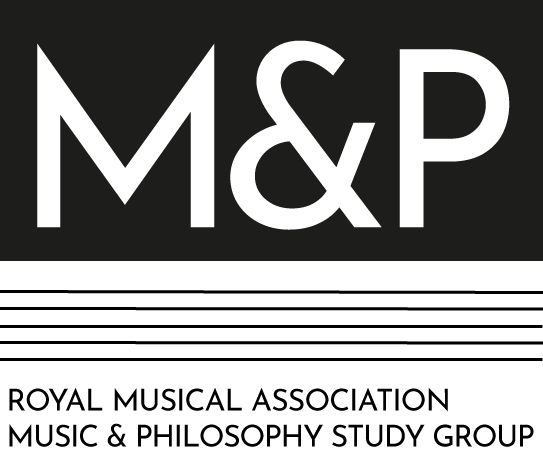May 27-28, 2011
Where: Caen, France
Deadline: January 15, 2011
This international conference is intended to explore how time may be represented aesthetically in excessive, eccentric and unthinkable ways. Art appears to have found a means of getting around time’s dilemmas by depicting it as irrational or portraying the impossibility of getting a firm grasp of it. In art, time has long been shaped as something out of proportion, excessive, or even violent, which is evidenced by works such as Saturn Devouring his Son.
On the one hand, papers may address any aspect of excesses in representing time. Possible contributions could be connected to works that magnify time phenomena and exploit the extremities of time experience. Submissions could focus either on the aesthetics of enlargement, predicated on speed, frequency, and length, or, conversely, on the aesthetics of miniaturization or atomisation of time. Time’s excesses could also lead us to raise questions about violence, as in artistic phenomena of suddenness, cuts or breaks.
On the other hand, as far as eccentricity is concerned, it would be interesting to examine forms related to non traditional ways of depicting time, covering areas of anachronism, discontinuity, verticality, stasis, or any other form of time singularity taken to extremes. One could also consider works presenting us with exuberance, extravagance and eeriness of time, be it through peculiar formal aspects or ways of conditioning uncanniness.
Finally, time’s excesses and peculiarities give rise to the idea of the unthinkable some works of art present us with by means of illogical, absurd or incoherent portrayal of time. Possible studies could incorporate analyses of inconceivable itineraries or durations, overblown time contradictions, or simply incorrect and irrational temporalities.
Is time to be apprehended only through excessive, extravagant and irrational representations? Does art show us that time can be perceptible exclusively when it borders on madness?
Possible topics in music may include studies related to oversized duration (Wagner, Mahler), miniaturization (Webern, Schoenberg), fragmentation (Stockhausen, Cage) or extensive repetition (Reich, Glass). In literature, proposals may consider time aspects exhibiting excess in traditional genres (diaries, novel sequences), time tensions and imbalances, for instance, between story time and text time, or problematic time-space relationships (Borges, Danielewski). Submissions may also focus on aesthetic perception (painting, architecture, installation art), temporalities related to new technologies (digital literature, interactivity or hypermedia), or any study dealing with time extravagance in cinema or photography.
This interdisciplinary conference will give special consideration to papers grounded in language, literature and cultural studies, musicology, philosophy, aesthetics, arts, history of ideas.
Abstracts between 250–300 words for papers of 20 minutes to be given in English or French are invited by 15 January 2011. Please submit your abstract both to Marcin Stawiarski (marcin.stawiarski@unicaen.fr) and Gilles Couderc (gilles.couderc@unicaen.fr). The conference papers will be published as a special issue of LISA e-Journal.



